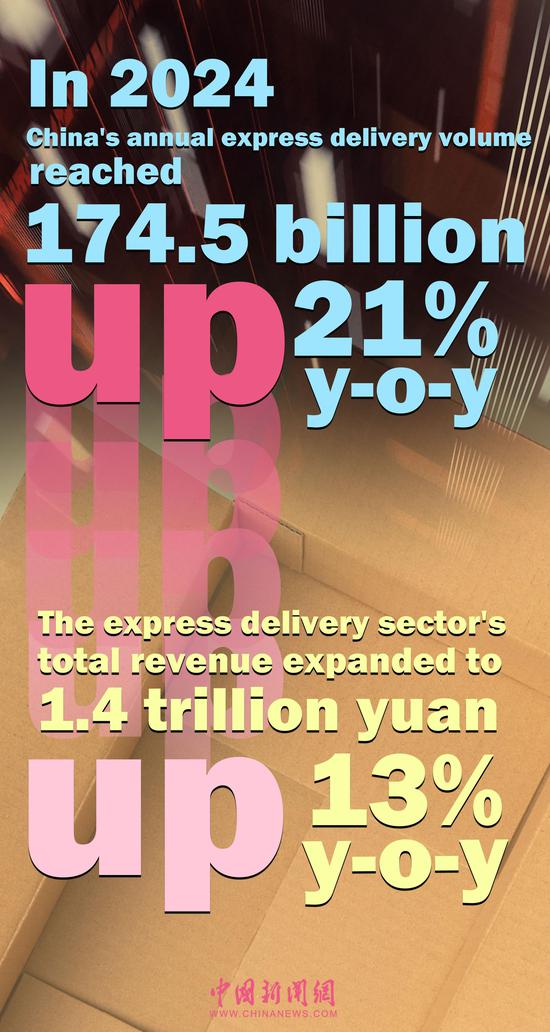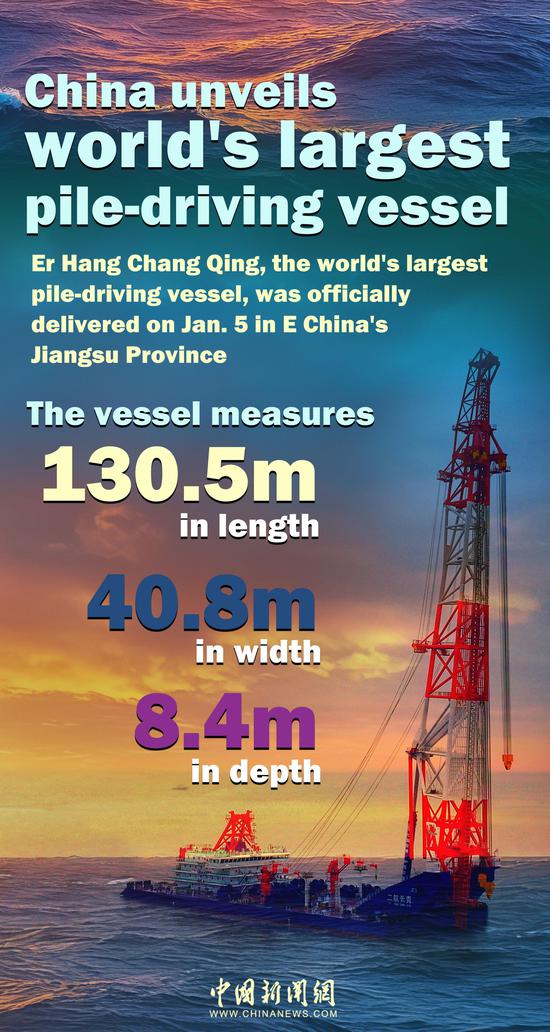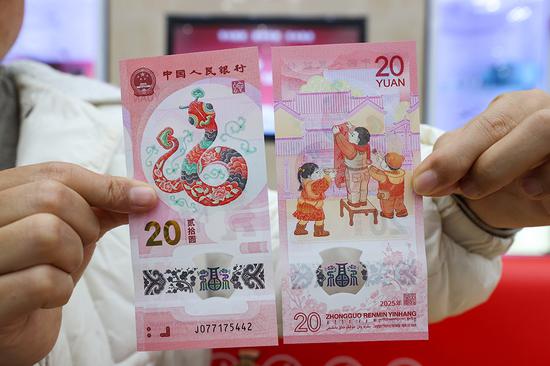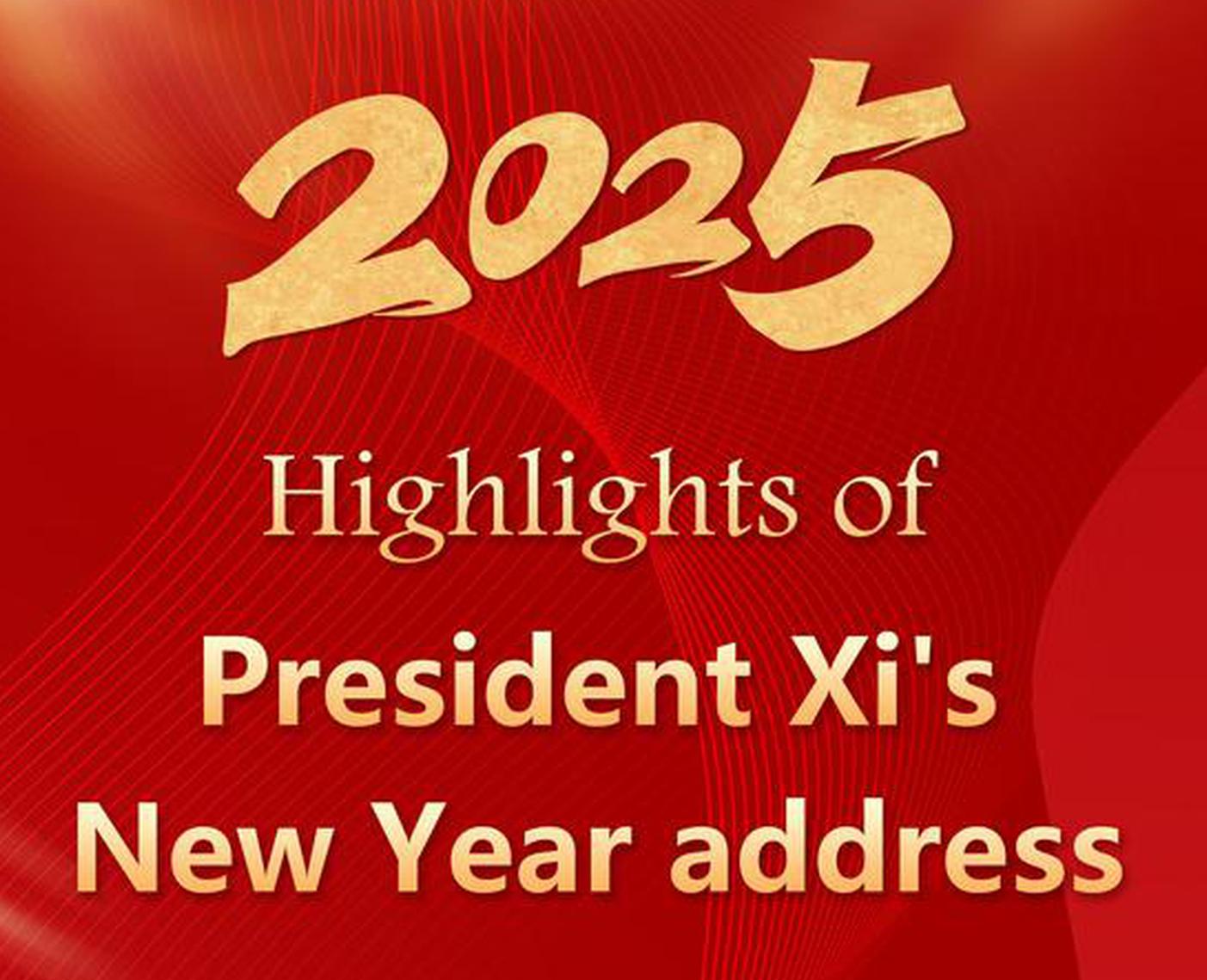The 10-billion-yuan ($1.4 billion) Shanghai Future-oriented Industrial Fund completed its filing and registration on Tuesday and will start the public selection of sub-funds shortly, according to the municipal government.
With a duration of 15 years, the fund will be wholly government-funded. It will combine both direct investment and sub-fund investment models, said Wei Fanjie, the fund's general manager.
Direct investment will mainly target large strategic projects. The sub-funds will serve as cornerstone investors, growing with the invested projects and providing resources concerning proof of concept, scenario application and talent recruitment, said Wei.
The Shanghai Future-oriented Industrial Fund was launched in September to promote disruptive innovation, multidisciplinary and interdisciplinary innovation as well as platform-based technologies.
Apart from investing in industries such as health, information technology, manufacturing, energy, space and material industries, the fund will also connect to Shanghai's industrial fund of funds for three pioneering industries — integrated circuits, biomedicine and artificial intelligence, according to the municipal government.
Wei said China has invested quite heavily in research and development over the past four decades. But most of these have stayed within universities and research institutions, ending in the form of papers. There is little connection between industries and the academia.
However, as the Chinese government has stepped up support for technology innovation, and technology is evolving more rapidly, it is the best time for China to seek more original "zero-to-one" innovation and transfer more research results into businesses, said Wei.
"We are not looking for short-term returns. Instead, we really want to make early steps in future-oriented industries. It is our hope that the fund can activate more social capital and advance the incubation and investment in frontier industries. In this way, the fund itself can grow into a flagship fund nurturing various projects in China," he added.
According to Wu Qi, senior researcher at Beijing-based think tank Pangoal, industrial funds can not only support the development of emerging industries within an area, but also close the gap across different regions. They can guide long-term funds and the so-called patient capital to make more investments in technological innovation, providing training for high-tech companies before they enter the stock market.
"Setting up industrial funds has become an effective way to boost the high-quality development of the regional economy. By supporting strategic industries and accelerating industrial upgrading, industrial funds can be a continued driving force for China's economic growth in a sustainable manner. Amid more supportive policies and the further opening-up of the Chinese capital market, industrial funds can contribute more to the optimization of China's industrial upgrading," said Wu.
The State Council, China's Cabinet, released on Tuesday a guideline to promote the high-quality development of government investment funds, saying that these funds should focus on the country's major strategies, optimize their investment functions, encourage more venture capital funding and nurture more long-term and patient capital.
Huang Yan, managing partner of Lantern Capital, a Shanghai-based private equity fund, said startups and fund managers were earlier intimidated by preconditions such as reinvestment, requiring fund managers to keep their reinvestment in line with the government investment pace.
"The State Council's latest guideline has provided a series of comprehensive solutions to address the issue, serving as an important prerequisite for attracting social capital to participate in government investment funds," he said.


















































 京公网安备 11010202009201号
京公网安备 11010202009201号